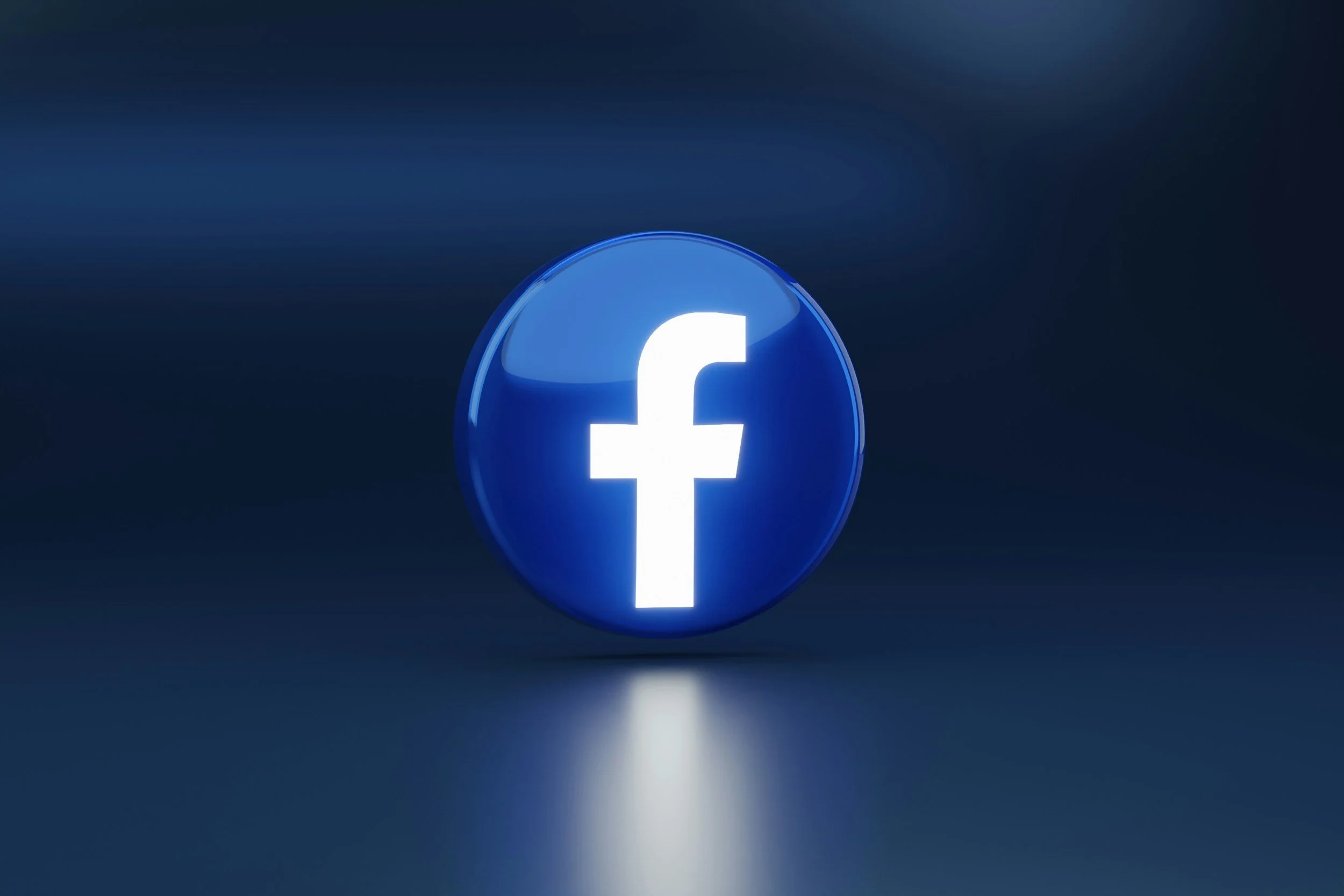Social Media Has Officially Taken Over the News
It’s now official: more people get their news from social media than from traditional media. In a recent survey that tallied responses from over 100,000 people across 48 different nations, the data consistently shows that social media platforms such as Facebook, X, and YouTube reign supreme.
Quite simply, nobody relies on their TV anymore to find out the latest news. Nobody depends on newspapers, either. Instead, it’s social media that’s getting all the attention. Around the world, 54% of adults get their news from social media, compared to 50% for TV, and 48% from news sites and news apps.
The rise of social video appears to be accelerating this change in news consumption. On mobile devices, it’s now possible for just about anyone to go live with their opinions on “breaking news.” This gives social media a sense of urgency and immediacy that you can’t find elsewhere. As a result, one of the fastest-growing social platforms for news is now TikTok. In fact, approximately 17% of people surveyed said they rely on TikTok for their news.
Why the shift?
This is a fundamental shift in user behavior, and the change appears to be motivated by several key factors. One, of course, is the popularity of “influencers” and “celebrity personas.” Quite simply, people would rather get their news from a quirky Gen Z podcaster than from a respectable-looking Boomer wearing a suit on the evening news.
And, to a certain degree, the change has to do with a loss of confidence in the mainstream media. At one time, TV networks were viewed as trusted news resources. Today, not so much. In fact, deeply ingrained biases at some media networks - such as Fox News and CNN - have left them pretty much unwatchable if you don’t hold certain political views.
Interestingly, the survey shows that 47% of respondents consider influencers to be potential sources of misinformation and even disinformation. This is likely due to the desire of most influencers to put their own unique spin on the news. Combined with the rise of partisanship in American politics, it’s easy to see why some top influencers are now losing trust with viewers.
Will the mainstream media ever regain its power?
When it comes to the future of the mainstream media, there are two primary schools of thought. One is that the mainstream media is now the dinosaur media, and there’s no hope of them ever recovering. The other is that they will eventually be able to develop a new business model that is not so focused around advertising, and reclaim their earlier dominant role in the news cycle.
The one wildcard factor in all this, of course, is new AI technology. Will mainstream media be able to adapt to the new world of ChatGPT and generative AI? Or will they allow new AI-powered social media avatars to become the new influencers of the social media era?
It will be interesting to see what happens next. For the past 25 years - ever since the launch of new blogging platforms in the early 2000s - the mainstream media has been playing catch-up.
At first, the mainstream media dismissed the rise of new social media platforms as just a bunch of amateurs using inferior technology. But they proved to be mistaken. Those “amateurs” have proven to be very media-savvy, and as the latest survey data shows, some of them - such as podcaster Joe Rogan - are now among the most recognizable names in the news industry.


